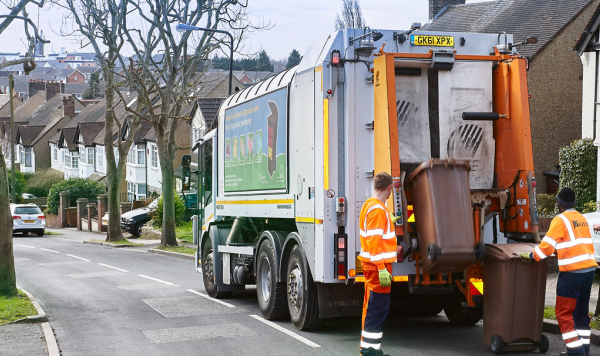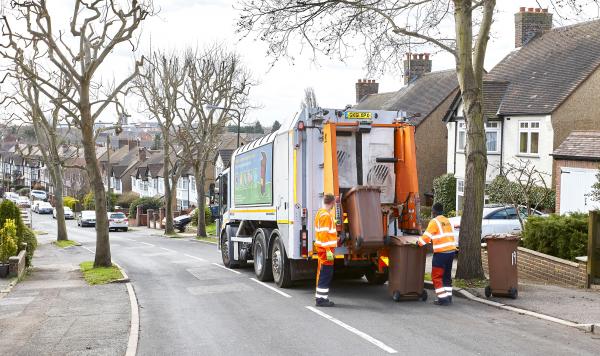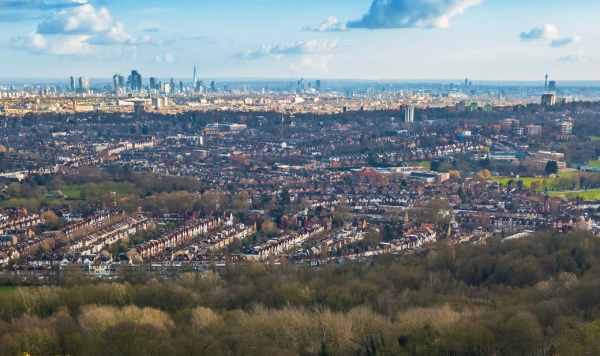Request
|
I have the following question which I request be put to the meeting of the NLWA on Thursday, please: “In the light of changes in recycling habits and technology, changes in packaging, changes in consumption, the impact of covid-19 on lifestyles, and the ever-greater concern of the effects of climate change, will the Authority reassess the proposals to construct the Edmonton Incinerator, reassess whether it will remain relevant for the 40years of its planned life, and whether its £1.2billion cost remains the optimal solution, as it seemed when the project was planned nearly 10 years ago?” Many thanks, Kind regards, Simon |
Response
Dear Councillor Pearson,
I am writing to you regarding your deputation given by Doreothea Hackman to the North London Waste Authority (NLWA) meeting on Thursday 25 June 2020. This was in relation to the North London Heat and Power Project (NLHPP). I would like to thank you for setting out the issues you wanted to draw to Members’ attention.
Following a thorough review of the proposed project, including the points raised in the deputations, I am letting you know that Members unanimously approved the start of procurement for the new Energy Recovery Facility (ERF). As promised in the meeting, we are responding in writing to each deputation. I have outlined the key points you raised and provided a response for each below, to advise you of Members’ understanding of these issues in making their decision.
In your deputation you claimed that changes in recycling habits are a reason to reassess the need for the NLHPP. We want to reassure you that as a public authority, our responsibility is to plan carefully for the future and make our decisions based on the best evidence. Our waste modelling, which has been scrutinised by an independent planning inspector, confirms that the ERF needs capacity to treat up to 700,000 tonnes of non-recyclable waste each year. Waste experts, including the GLA, predict that the amount of residual waste in north London, and across London, is expected to increase in the future. This is despite higher recycling rates and reduction in waste, which is being driven by initiatives like our Low Plastic Zones. Individual households are expected to reduce their waste and recycle more however housing growth means there will be more households, which will increase the overall volume of waste. In the same way, business growth will lead to a greater overall volume of waste, despite increasing recycling rates and reduction measures. The GLA is clear that the NLHPP is required for London to meet its self-sufficiency targets, by managing its own non-recyclable waste in the future. In doing so, the Project will prevent landfilling and its severe environment consequences.
In your deputation you claimed that the Project is not compatible with ever-greater concern about the effects of climate change. I want to stress that our Project is a major part of the NLWA's action to tackle the Climate Emergency. It will provide much needed facilities, such as the Resource Recovery Facility, that will enable us extract items for reuse and recycling to help increase north London’s recycling rates to 50%. It is also integral to our wider waste strategy, which prioritises waste reduction and recycling in line with the waste hierarchy. The Project is part of the climate solution because it will prevent our residents' waste being sent to landfill. There isn't a 'do nothing' option and the only alternative at the scale required would be landfilling. Instead, the world-class ERF will generate low-carbon heat and power from non-recyclable waste. This will be enough to provide energy for 127,000 homes - equivalent to all the homes in Enfield. The ERF will also save the equivalent of 215,000 tonnes of CO2 every year compared to landfill, which is like taking 110,00 cars off the roads every year.
In your deputation you claimed that changes in technology could mean the NLHPP is outdated. The NLHPP is the only proven, sustainable and cost-effective solution for treating the required volumes of waste at Edmonton EcoPark in the future. Energy recovery is a robust, reliable, proven technology and we have designed the ERF so that we can respond to new innovations as they become available. Our existing plant has had major upgrades and investment over the past decades, and our new ERF has been similarly futureproofed. This includes the potential for carbon capture technology when it becomes viable. We are also investing in the highest performing emission cleaning technology to make our ERF one of the safest and cleanest in the world. This includes selective catalytic reduction which will reduce Nitrogen Oxide (NOx) emissions to 60% of the limits set by the European Union’s Industrial Emissions Directive meaning that our ERF will be one of the highest performing in the world. This is the same proven technology used in the Amager Bakke facility in Copenhagen – often pointed to as a global benchmark for emissions cleaning technology and we are constantly looking into new global technologies to reduce our emission impact even further.
The NLWA carefully considered alternative options as part of the consenting process. The other options simply do not work at the scale we need and posed significant environmental and financial risks.
If you have any further questions about the Project or require any clarifications, I would be happy to answer them or arrange a briefing at a suitable time.
Yours sincerely,
Cllr Clyde Loakes




